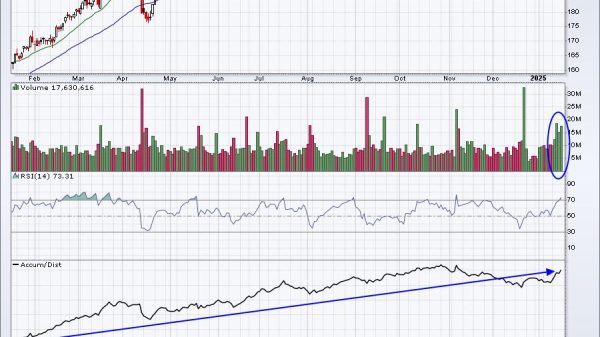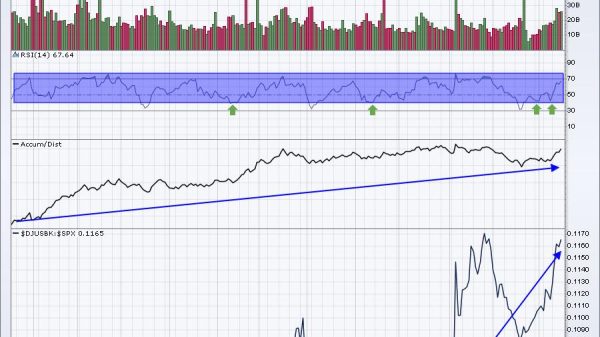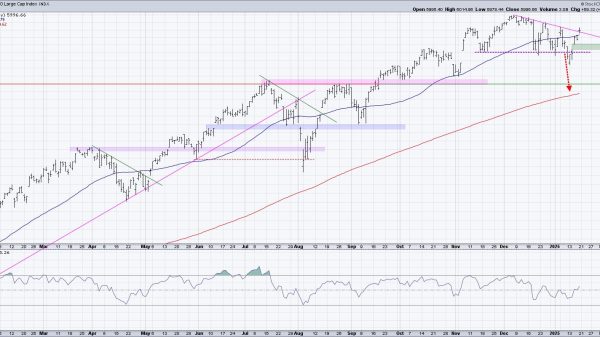
This blog is part of a series on technology innovation and free expression.
Over the last several years, members of Congress on both the left and the right have introduced legislation to “rein in big tech.” However, these approaches aimed at America’s leading tech companies often represent a significant shift in competition policy, which would impact not only the leading players in the tech industry but also small companies, consumers, and a range of other industries. If policymakers want to ensure that the American consumer benefits from free-market competition in the tech sector — as well as more generally —what should they consider doing on a policy front?
I suggest that the 119th Congress, the new FTC and antitrust division of the Department of Justice, and the new presidential administration consider three elements.
First, Congress should consider codifying an objective law and economics approach to competition policy as illustrated by the consumer welfare standard. Currently, this approach exists merely in common law precedent. While in many cases a common law approach is more adaptive and preferable to statutory law, given the rise of radical theories that seek to use antitrust enforcement to achieve other policy goals, there is a risk that the objective standard could be taken away by a single decision.
This would set up a cascade of economic and legal consequences. Codifying the sound economics behind the consumer welfare standard would lessen the likelihood that enforcers of either political persuasion could use antitrust law beyond its intended purpose and would ensure consumers benefit from the competition that occurs in a free market.
Second, policymakers should oppose attacks on successful American businesses from afar. This includes recognizing and condemning the type of actions seen from Europe and beyond that attempt to create a protectionist policy for their inferior local competitors and penalize these companies for their success. Unfortunately, in some cases, American policymakers like FTC Chair Lina Khan appear to be collaborating on such attacks on America’s most innovative companies.
Finally, innovation is often our best competition policy. Policymakers should pursue a broader pro-innovation policy that keeps barriers to entry low and thus encourages competition. This includes laws like Section 230 that make it possible for new platforms to carry user-generated content without fear of extortionate liability, as well as careful consideration of whether the compliance and regulatory burdens in policies around issues like data privacy or artificial intelligence could make it more difficult for smaller players to enter the market.
When considering these issues, it is important to remember that while the underlying policy can impact the way competition plays out in the tech market, antitrust law is ill-equipped to resolve concerns beyond competition policy.


















